Olivia Gieger is a science reporter and was The Transmitter’s news reporting intern in the summer of 2024. She is completing her M.A. in journalism in New York University’s Science, Health and Environmental Reporting Program. There, she has covered emergency medicine, conservation ecology and climate attribution science. Her work has appeared in Inside Climate News, Forbes and Scienceline.

Olivia Gieger
Former news reporting intern
The Transmitter
From this contributor
How neuroscience comics add KA-POW! to the field: Q&A with Kanaka Rajan
The artistic approach can help explain complex ideas frame by frame without diluting the science, Rajan says.
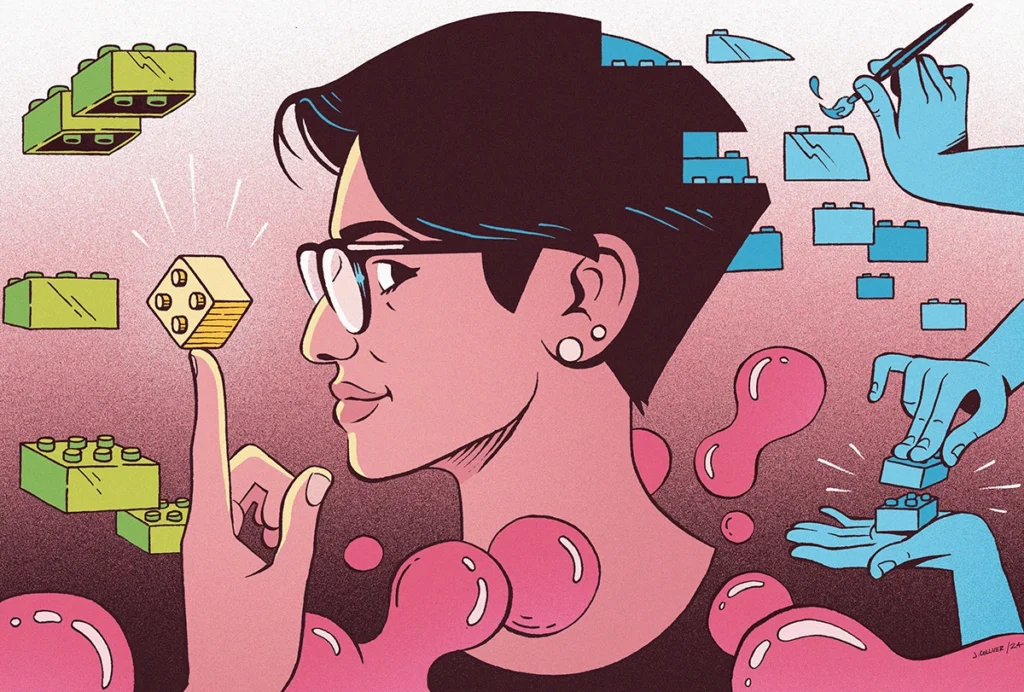
How neuroscience comics add KA-POW! to the field: Q&A with Kanaka Rajan
Seeing research through a new lens: Q&A with Pei Yuan Zhang
When she’s not in the lab, the cognitive scientist films documentaries that challenge her love of data and order.
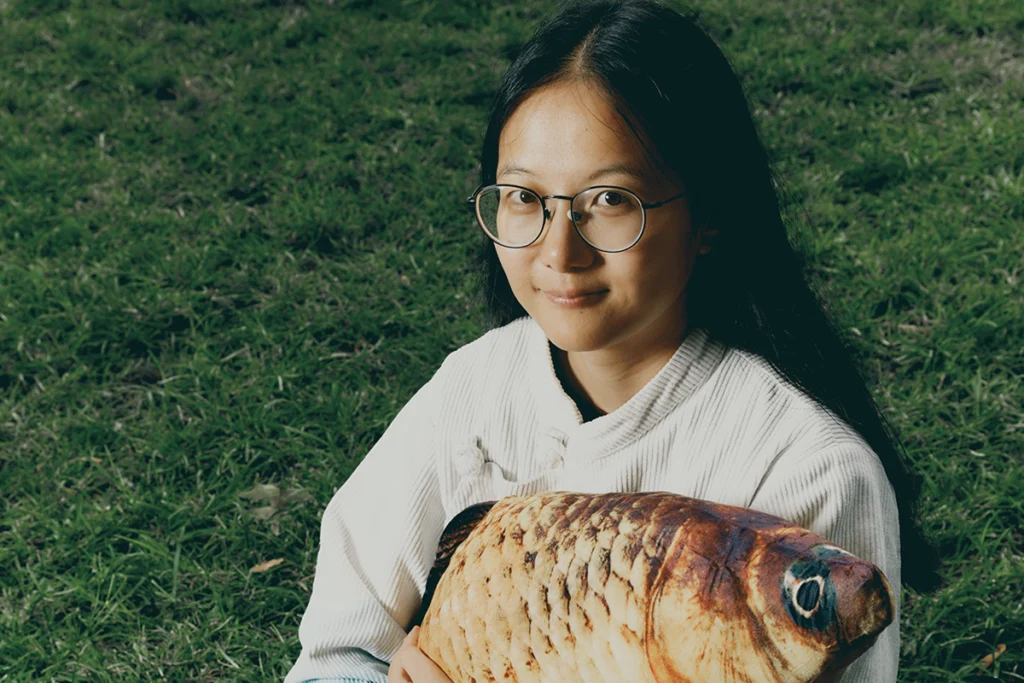
Seeing research through a new lens: Q&A with Pei Yuan Zhang
Ketamine targets lateral habenula, setting off cascade of antidepressant effects
The drug’s affinity for overactive cells in the “anti-reward” region may help explain its rapid and long-lasting results.
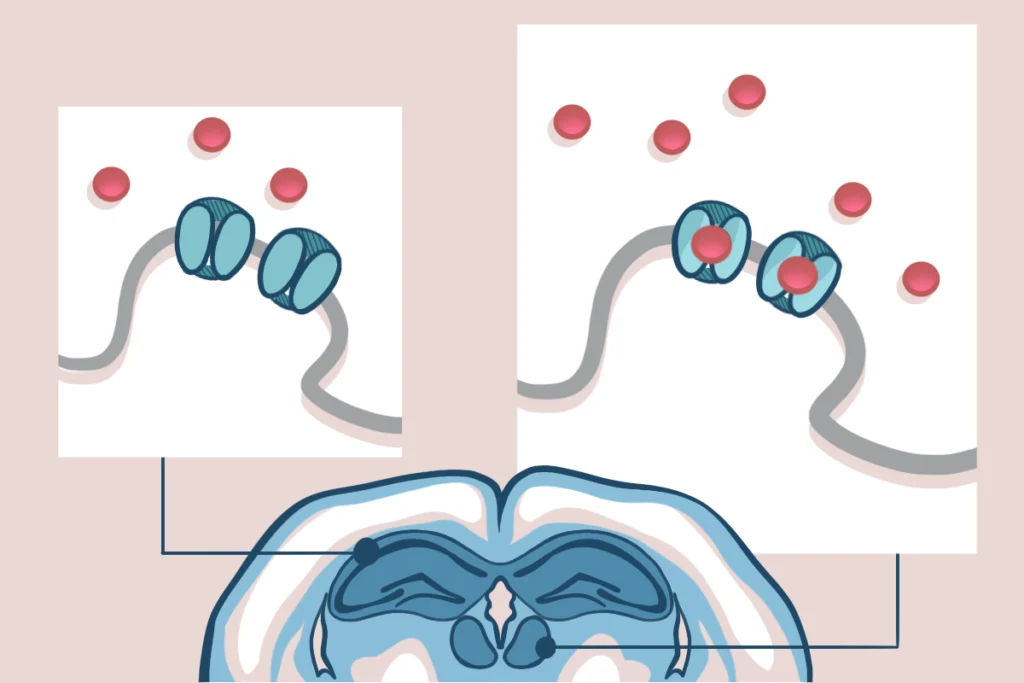
Ketamine targets lateral habenula, setting off cascade of antidepressant effects
As circuits wire up, interneurons take cues from surrounding cells
The inhibitory cells’ development, diversity and abundance in the cortex is directed in part by pyramidal cells, a new preprint suggests.
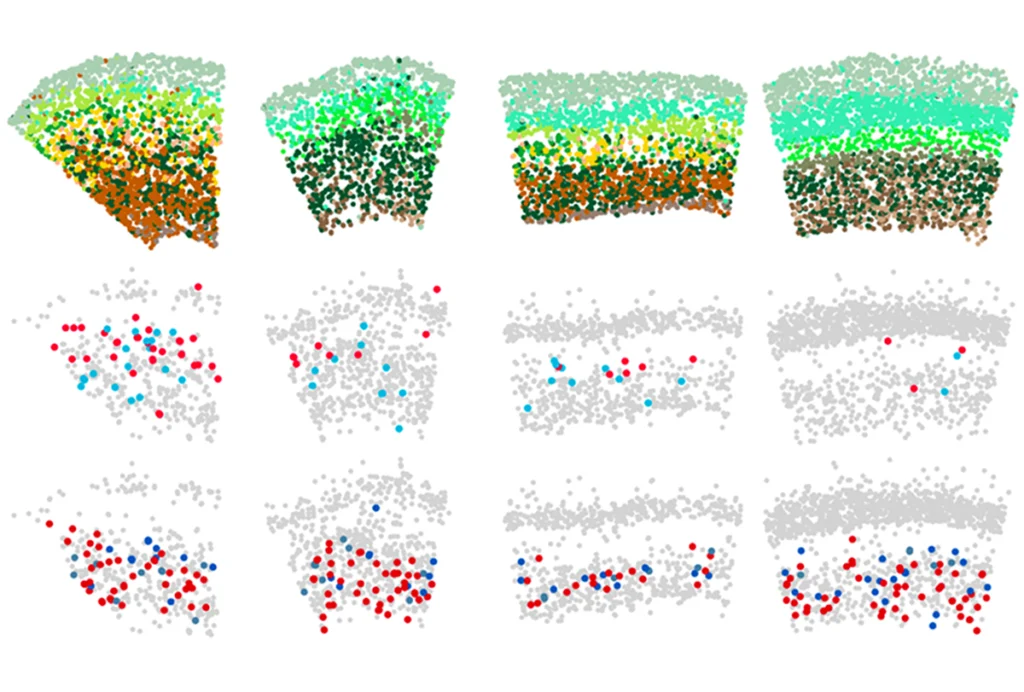
As circuits wire up, interneurons take cues from surrounding cells
Newly found circuit through visual cortex powers first look at faces
The superior colliculus, an evolutionarily ancient brain area responsible for eye movements, responds to faces before the canonical face areas do, a study of macaque monkeys suggests.

Newly found circuit through visual cortex powers first look at faces
Explore more from The Transmitter
INSAR takes ‘intentional break’ from annual summer webinar series
The International Society for Autism Research cited a need to “thoughtfully reimagine” its popular online program before resuming it in 2026.

INSAR takes ‘intentional break’ from annual summer webinar series
The International Society for Autism Research cited a need to “thoughtfully reimagine” its popular online program before resuming it in 2026.
Null and Noteworthy: Neurons tracking sequences don’t fire in order
Instead, neurons encode the position of sequential items in working memory based on when they fire during ongoing brain wave oscillations—a finding that challenges a long-standing theory.
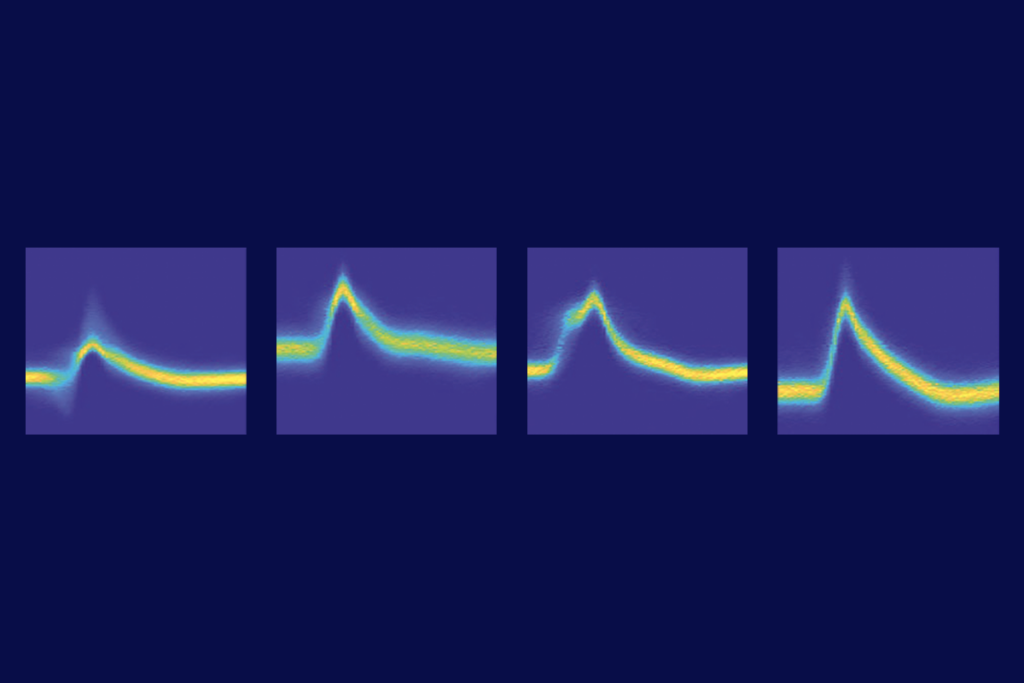
Null and Noteworthy: Neurons tracking sequences don’t fire in order
Instead, neurons encode the position of sequential items in working memory based on when they fire during ongoing brain wave oscillations—a finding that challenges a long-standing theory.
How to teach this paper: ‘Neurotoxic reactive astrocytes are induced by activated microglia,’ by Liddelow et al. (2017)
Shane Liddelow and his collaborators identified the factors that transform astrocytes from their helpful to harmful form. Their work is a great choice if you want to teach students about glial cell types, cell culture, gene expression or protein measurement.
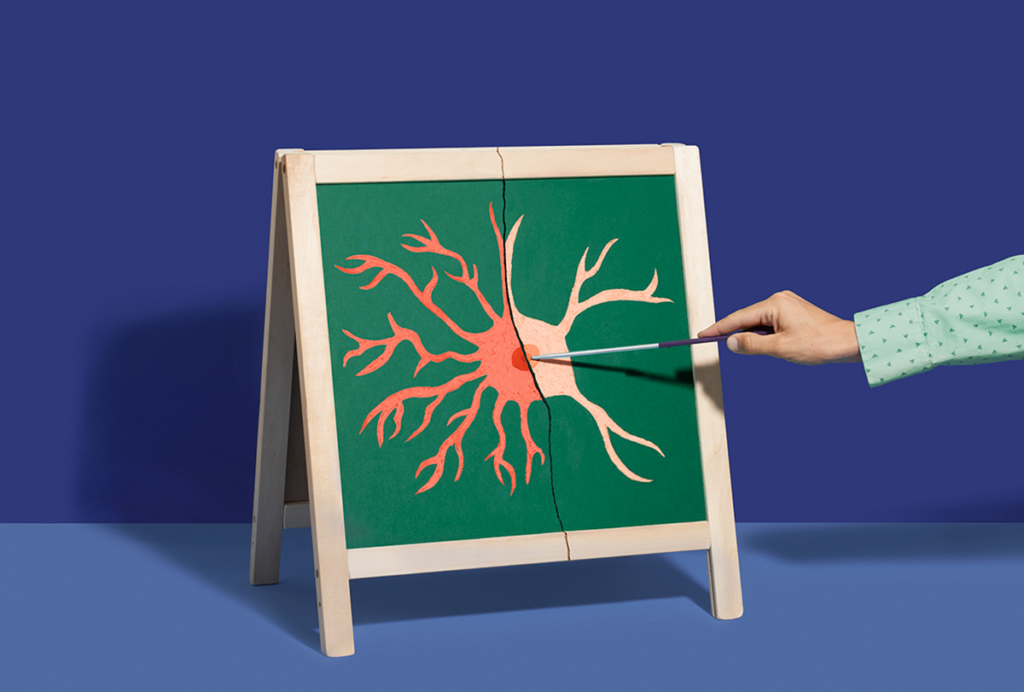
How to teach this paper: ‘Neurotoxic reactive astrocytes are induced by activated microglia,’ by Liddelow et al. (2017)
Shane Liddelow and his collaborators identified the factors that transform astrocytes from their helpful to harmful form. Their work is a great choice if you want to teach students about glial cell types, cell culture, gene expression or protein measurement.